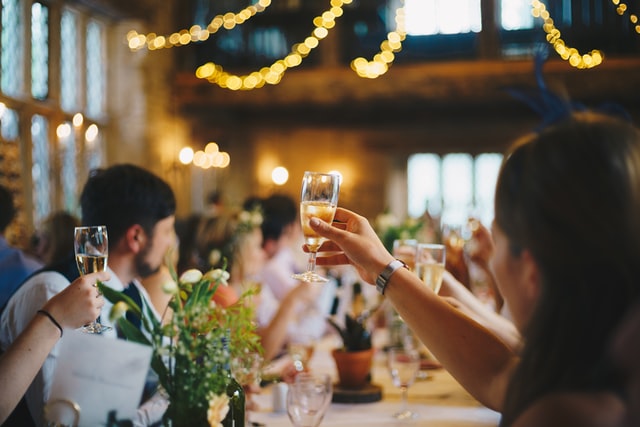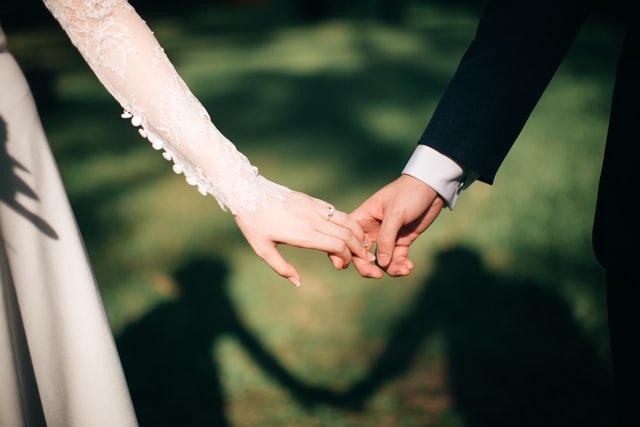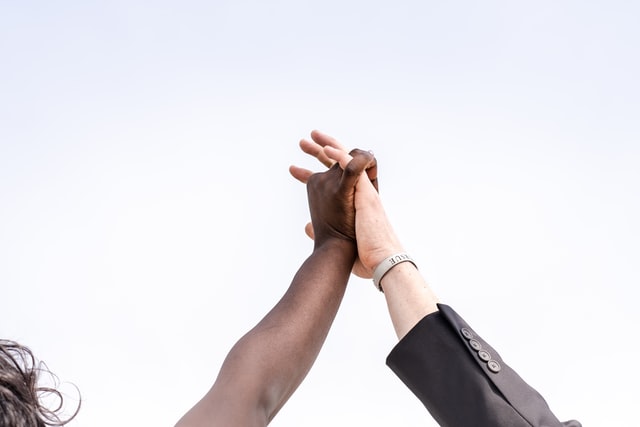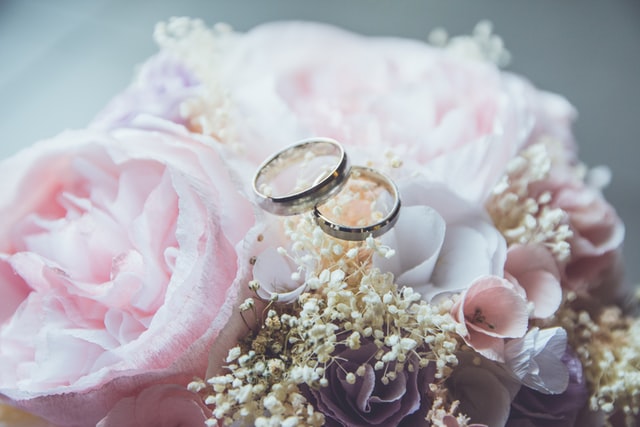German Words Relating To Marriage Posted by Constanze on Mar 24, 2021 in Language
Guten Tag! I recently had a request to explain words relating to marriage, such as die Ehe, die Heirat, and der Ehemann. In fact, the German language has a handful of words on this subject that are easily muddled up, as their similarity of meaning can be confusing to learners. So in this post I will list those words, and explain their meanings as best I can.
German Words Relating To Marriage
die Hochzeit
Hochzeit is the German word for ‘wedding’, referring to the actual wedding ceremony and the celebration that follows.
“Hochzeit: der schönste Tag Ihres Lebens”
“Wedding: The best day of your life”
For more on the etymology behind this interesting word, which literally translates to ‘high time’, click through to this post.
die Heirat
Heirat is the German word for ‘marriage’, referring to the act of getting married, or the marriage ceremony itself. However, Heirat is sometimes translated as ‘wedding’, too, which is why it can be confusing – after all, you do get married at a wedding! But it makes much more sense to talk about ‘meine Hochzeit’ when talking about your wedding, as opposed to ‘meine Heirat’. Heirat also has a verb form, heiraten, which refers to the act of marrying:
heiraten – to marry
“Soll ich ihn heiraten?”
“Should I marry him?”“Ich habe ihn geheiratet!”
“I married him!”
I hope this distinction makes sense!
die Ehe
Ehe is also the German word for ‘marriage’, but this one refers more to married life once the Hochzeit is over. In other words, you get married to start die Ehe: a marriage.
der Ehemann / die Ehefrau / das Ehepaar
These words translate to husband (Ehemann), wife (Ehefrau), and married couple (Ehepaar). Normally, however, you hear people use the shortened, less formal terms:
Mein Ehemann – Mein Mann (‘my husband’)
Meine Ehefrau – Meine Frau (‘my wife’)
Das Ehepaar – Das Paar (‘the couple’)
The shortened terms can be confusing as they have other meanings; Mann is also the general word for ‘man’, Frau the general word for ‘woman’ or ‘Mrs.’, and Paar the general word for ‘couple’. When you hear or read these words, it is a case of understanding the context they’re being used in. Also, look out for the word ‘mein’ or ‘meine’ (‘my’), which will tell you that someone is talking about their husband or wife, as opposed to ‘a man’ or ‘a woman’. For example:
Das ist meine Frau
This is my wifeDas ist Frau Weghofer
This is Mrs. WeghoferMein Mann ist 40 Jahre alt
My husband is 40 years oldDer Mann ist 40 Jahre alt
The man is 40 years old
*
I hope this post has helped clear up any confusion you may have had surrounding these words! It’s worth noting that there are other words you might hear, such as die Eheschließung, die Trauung, and die Vermählung, but these are much less common. If there are any other words around this topic that you are confused about, leave a comment in the comment box and I’ll get back to you!
Bis bald
Constanze
Other posts you might like:

Build vocabulary, practice pronunciation, and more with Transparent Language Online. Available anytime, anywhere, on any device.








Comments:
Simon Beattie:
Verheiraten is also confusing to a learner: geheiratet, verheiratet…
Constanze:
@Simon Beattie Yes, you’re right there, Simon! “Ich bin verheiratet” means “I am married”, but the verb verheiraten also means ‘to marry’ in the sense of how a priest marries a couple, for instance!
Harry:
Hi! Constanze,
thanks for the nice explanation (US), explaination (UK) about “Hochzeit”. Enjoyed it, look forward to your next entry-
Harry.
Constanze:
@Harry Glad you enjoyed it, Harry!
Mark Bauer:
How can one view previous German Language blogs? I believe I am subscribed. These are nice for someone like myself, learning Deutsch.
Constanze:
@Mark Bauer Hi Mark, just go here! —- http://blogs.transparent.com/german